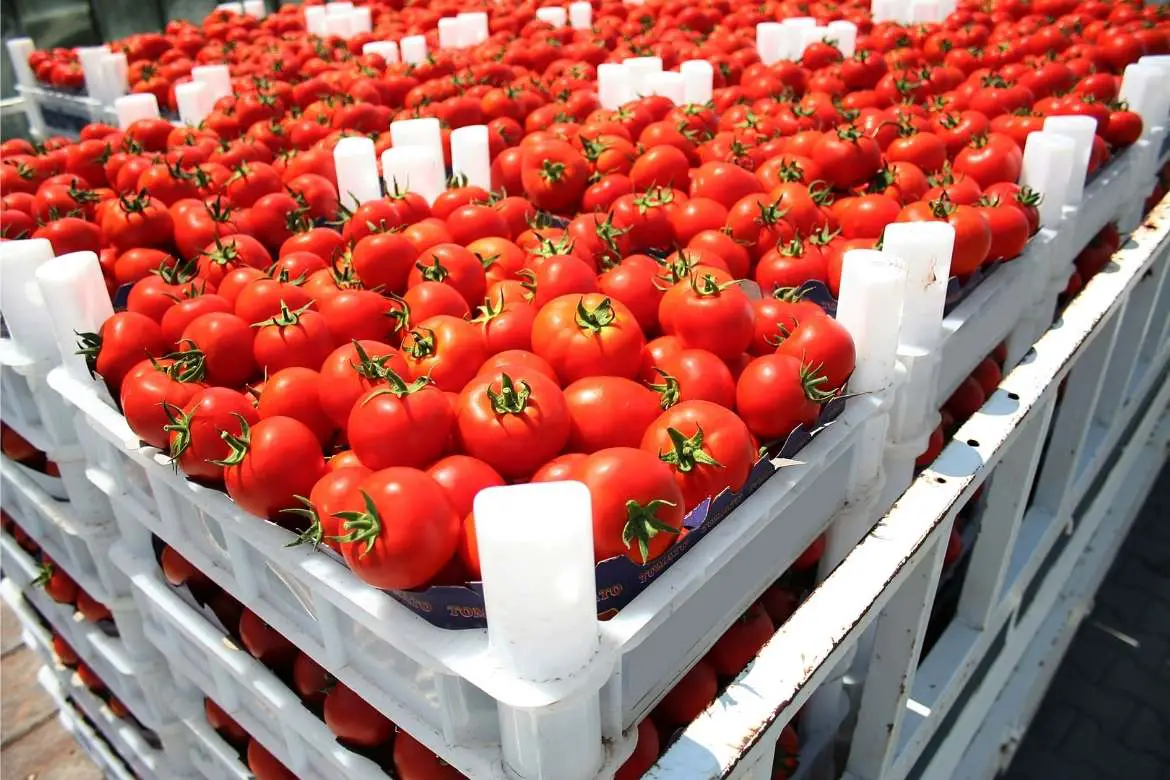Tomato prices continue to drop as Mexico increases its tomato exports worldwide, including into the USA. In light of historical trends, if imports from Mexico increase by 50% in the next few years, U.S. domestic tomato producers could lose $252 million annually.

Zhengfei Guan, a UF/IFAS Associate Professor and the study’s lead author, says the decline is due to competition from Mexico and other challenges. A total of 1.3 billion pounds of fresh tomatoes were produced by American farmers in 2020, which was less than one-third of the harvest in 2000.
For the past 20 years, the tomato markets of Mexico and the United States have completely shifted. With a three-fold increase in market share, Mexico now dominates the U.S. competitive landscape. It was this change that inspired Guan to pursue the new study.
He says the two countries recently had a series of trade disputes over fruit and vegetables. “One reason is that surging imports from Mexico boosted by subsidies have depressed prices, and American growers are quickly losing market shares. The findings from our study will provide tomato producers and policy makers with important insights on the challenges and the sustainability of the U.S. tomato industry.”
A study by Guan estimates the U.S. industry’s potential losses due to the increasing imports from Mexico, given the steep growth over time. Over the years 2009-2019, the volume of imported tomatoes from Mexico increased by about 60%.
Florida, which has about $400 million in annual sales and the same season as Mexico, is particularly harmed by the imports.
Several speciality crop commodities are affected by the trade deficit, not just tomatoes. According to USDA data, specialty crops – such as tomatoes, strawberries, peppers, cucumbers, and melons – accounted for 50% of total U.S. agricultural imports from Mexico in 2020.
If U.S. fruit and vegetable producers can take advantage of modern production technology, all may not be lost., emphasizes Guan. “Mechanization or automation will be a game changer and is the future for this labor-intensive industry.”


